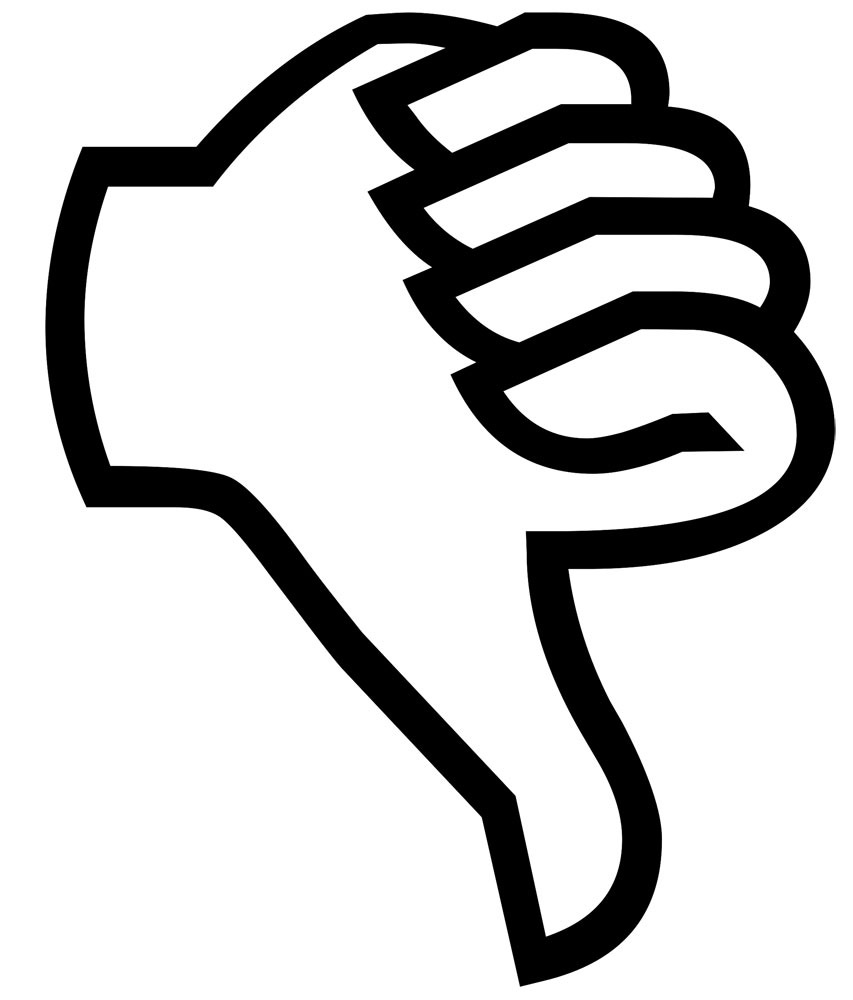
October 28, 2019; New York Times
“This is still our company.”
Those were the final words in a long letter Facebook’s employees wrote to Facebook company leadership, decrying CEO Mark Zuckerberg’s stance on false political advertisements on the platform.
Facebook has been under fire for facilitating the spread of misinformation, particularly during the 2016 US presidential election when Russian operatives allegedly leveraged the platform to support Donald Trump. As we near the 2020 election, Zuckerberg has leaned into his perspective—on behalf of Facebook—that the platform won’t moderate political advertisements on its platform, citing tenets of free speech.
“Our approach is grounded in Facebook’s fundamental belief in free expression, respect for the democratic process, and the belief that, in mature democracies with a free press, political speech is already arguably the most scrutinized speech there is,” stated Katie Harbath, Facebook’s Head of Global Election Policy, in a recent response to candidate Vice President Joe Biden’s presidential campaign’s request to take down an ad.
Sign up for our free newsletters
Subscribe to NPQ's newsletters to have our top stories delivered directly to your inbox.
By signing up, you agree to our privacy policy and terms of use, and to receive messages from NPQ and our partners.
This “free speech” perspective has been under fire, and is increasingly unpopular, diverging from other media platforms including Cable News Network and, most recently, Twitter, which CEO Jack Dorsey just announced would no longer accept political advertisements. Now, that dissent includes a growing number of Facebook employees, who contend that “free speech and paid speech are not the same thing.”
In the letter, posted on Facebook’s internal communication platform, employees pushed back on its leadership’s core argument that paid political advertisements are part of a democratic process. They go on to share the tactical design features Facebook could implement to help users understand the media they’re consuming in a section entitled “proposals for improvements.”
Facebook, unlike many other tech giants, has enjoyed at least the appearance of general employee satisfaction and loyalty. While the number of employees that signed the letter is less than one percent of its workforce, it could be a signal of a much larger groundswell to come. Dissent like this is increasingly informing public opinion; employees have come to expect their leadership to take stands on social issues and are exacting the power they have in the current labor market to ensure their voices are heard. Edelman’s 2019 Trust Barometer, an annual study that surveys corporate brand and perception, labels it “the new employee-employer contract” and says that 58 percent of the general population of employees look to their employer to be a trustworthy source of information about contentious social issues.
The visibility that even a small number of employees can have as they take issue with their company’s public stance is arguably larger than it ever has been—thanks in part to platforms like Facebook.—Danielle Holly












